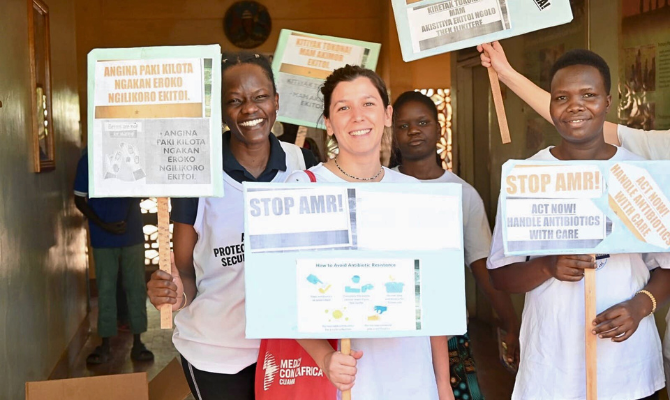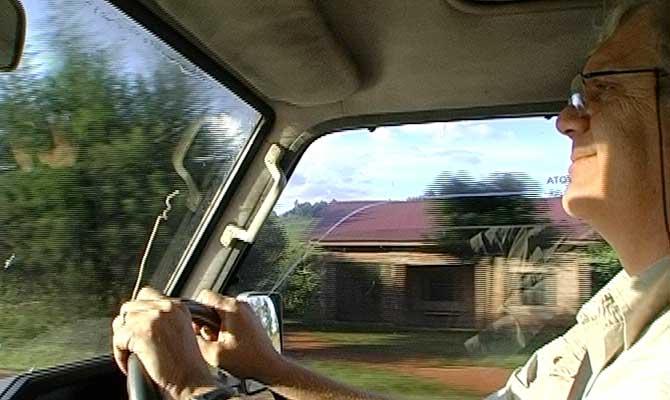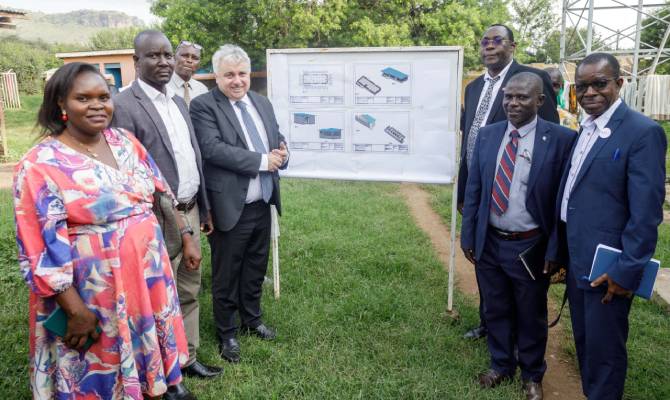One in four adolescent girls in Uganda becomes pregnant before the age of 19. In the Oyam district, where Medici con l’Africa Cuamm began operating in 1996, the percentage is even higher, at 28.5% (source: DHIS 2). The consequences of these early pregnancies have long-term effects on the lives of young girls, including forced marriages, school dropouts, lack of financial independence, social marginalization, stigma, and gender-based violence, to name a few.
According to the Gender Index, in Uganda, approximately 35% of girls drop out of school due to early marriages, and 23% due to teenage pregnancies (UBOS and ICF International, 2012). Child marriage violates the fundamental rights of girls and women, denying them many others, such as the right to education, the freedom to choose whom and when to marry, when to have children, and how many children to have, as well as the right to be safe from sexually transmitted infections. Moreover, data on violence against married women by their partners show that violence against adolescent girls aged 15-19 is higher in all forms compared to violence against adult women aged 20 and above. While 16% of women aged 15 to 49 report experiencing sexual violence, the actual figures could be much higher.
«The community always blames women and young girls. If you got pregnant, it’s because you allowed someone to harm you. It’s your fault- says Ejang Irene, 17 years old – we need to do more to raise awareness about gender-based violence, but we can’t give up on seeking justice. By doing so, we also show that it is a violation of human rights».
Irene (a pseudonym) lives with her family in Oyam District, Uganda. At the age of 15, she had to drop out of school because her parents couldn’t afford the cost of education.
«I wanted to help them and become financially independent, so I started a sewing course. That’s where I met the man who harassed me» Irene told the Cuamm team, who supported her from the moment she filed the report to the trial, providing her with medical care and psychological support.
Medici con l’Africa Cuamm is operating in the Oyam district, in the Lango region, with a series of activities aimed at increasing the availability of and access to social and health services for the most vulnerable adolescent girls, with a particular focus on gender-based violence. The intervention, which covers 11 counties in the district, involves local authorities, associations, schools, and community leaders in intensive advocacy efforts.

«The education and awareness component is key to preventing gender-based violence – says Monica Peace Alupu, CUAMM Social Worker -. Through radio messaging and the dedicated work of village teams, we ensure that services are accessible to everyone, even in rural and peri-urban areas where abuse and violence cases are more frequent».
It is precisely fieldwork that gives concrete support to the intervention, aiming to provide women and young girls with tangible help to escape the cycle of violence they too often endure, addressing their most urgent needs: health and legal assistance.
Community mobilization allows field agents to personally receive reports that might otherwise go unheard while simultaneously raising awareness about available services. Since 2022, CUAMM, in close collaboration with district authorities, has established the first call center in Oyam district. This hotline provides an integrated service for reporting cases of violence, offering psychological support, legal assistance, and clinical care.
Two trained CUAMM social workers manage the hotline, working alongside the District Probation and Social Welfare Officer’s office. The first step involves informing the individual about available services, including healthcare, as well as their rights and potential legal avenues. The social workers act as intermediaries, facilitating the reporting of incidents and initiating the clinical process, which, in cases of physical violence, must be completed within 72 hours in order to prevent sexually transmitted infections and unintended pregnancy. At the same time, legal proceedings are pursued—a path that can be both time-consuming and resource-intensive.
«Unfortunately, the greatest challenge remains ensuring that justice is served for these young girls and women. The system is fragile, judges often are absent, and witnesses fail to appear in court on the day of testimony. It’s difficult to make people understand that gender-based violence is an issue that concerns us all, and one that we must work on together, but we continue to push forward, knowing that we are on the right path» conludes Giovanni Dall’Oglio, CUAMM Doctor and Project Manager in Oyam.
Among the primary challenges are limited access to services for young girls and women in rural or peri-urban areas, the persistent fear of stigma associated with the issue, and the extrimely long duration of legal proceedings, which can take up to three years to conclude.
«In the six-month period from April to September alone, we handled 30 cases. We are committed to ensuring that, once reported, the case does get to court for the woman to have justice but this does not always happen. It is in fact quite common that witnesses fail to appear in court, or that judges themselves are absent. However, we managed to secure two convictions for rape, and this is an achievement considering the average duration of legal proceedings» explains Giovanni Dall’Oglio.





